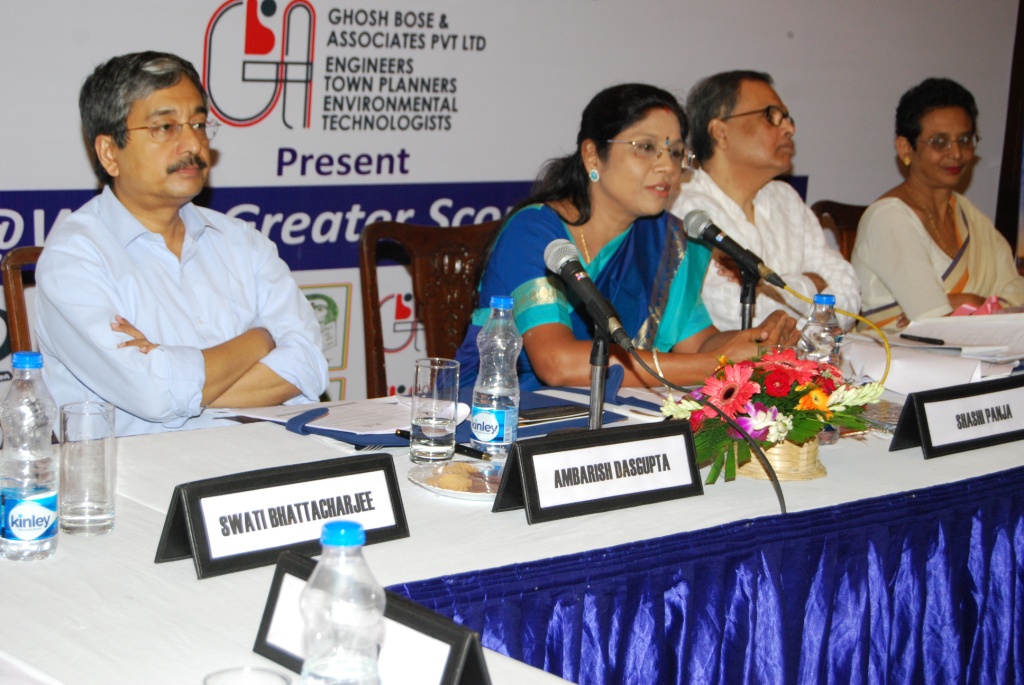The draft NPW 2016 comes 15 years after the National Policy of Empowerment of Women (2005). The new draft has brought on board many contemporary concerns of women, particularly related to better career opportunity, higher productivity and better financial inclusion.

For example, working women’s need for safe and affordable urban housing has been addressed for the first time.
The proposal for regular urban safety audits is also a new feature, which can facilitate greater participation of women in work.
The draft proposes to reduce stamp duty if an asset is registered in a woman’s name — an important initiative to enhance women’s socio-economic security.
The draft policy proposes strategies which have the potential of reducing women’s marginalization in economy.
The draft policy acknowledges the need to bring more women from informal economy to formal economy, so that women have “equal opportunity to enter and enjoy decent work, in just and favorable environment.” To this end, the draft suggests the following:
Ensure women’s skill development, especially in new and emerging areas like information based industries, telecommunications, software designs and financial services.
Enhance training and work incentives for women in health and education sectors, which depend heavily on women.
Promote part-time and flexi-time jobs in organized sector. Make provisions for re-entry of technically skilled women in job markets, especially after breaks for care giving.
Develop a strategy for the financial sector to reduce gender gap in access to private credit.

Use technology to reduce drudgery and improve access to health, education, communication.
Many organizations, both corporate and NGOs, have already put to practice some of the above strategies. Their stories need to be told, and the lessons learnt.
At the same time, there are structural flaws in the design of government programs and bank schemes, which inhibit women’s inclusion in the formal economy. These need to be identified.
The proposals of the draft relating to women’s work demands adequate public debate and wide media coverage.
Unfortunately, media discussion has been limited to a few so-called controversies, such as the non-mention of “triple talaq,” or marital rape in the draft NPW. While these issues are also important, the issues of core significance cannot be ignored. With less than 30 per cent women in the labor force, India is below most nations in gender equality and workplace efficiency.
